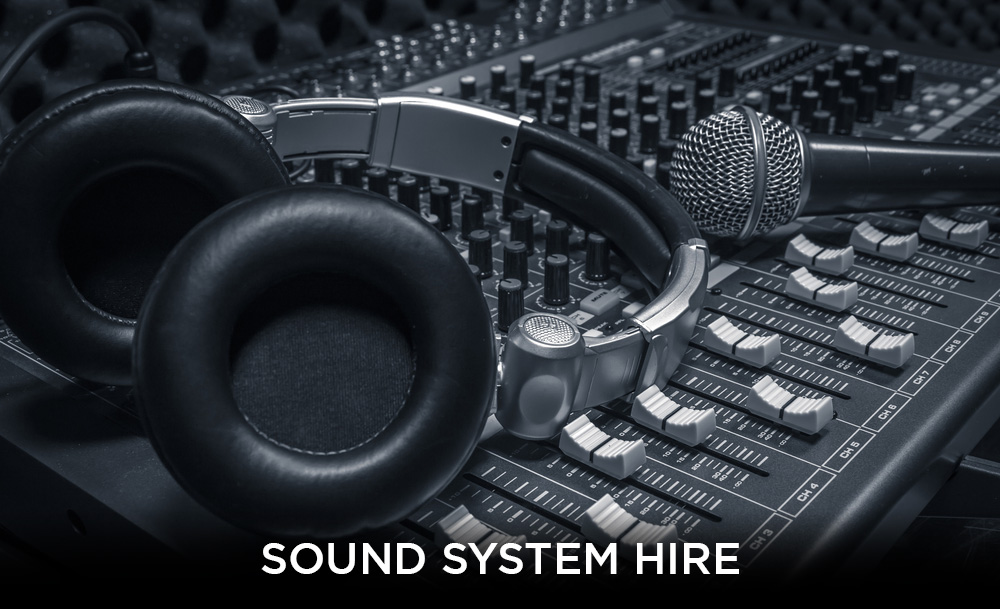Medically known as epistaxis, nosebleeds are a common problem affecting a lot of people. For those having the bleeding for the very first time, the situation can be a little daunting. As nosebleeds are more common amongst children from ages 3 to 10, parents can get extra worried by seeing all the blood.
However, more often than not, nosebleeds are not a source of concern. As nose has many blood vessels running through it, and that too very fragile, it is more susceptible to frequent bleeding.
There are two types of nosebleeds, anterior and posterior. The former is remarked by the vessels at the front of the nose bleeding. These occur due to the easy breaking of the vessel running through the septum. This condition is more common in children and is seldom as cause of concern.
The latter, posterior nosebleed, is the bleeding in the inner part of the nose. Blood subsequently flows into the throat. It is caused by bigger blood vessels, and thus the bleeding is most of the time, rather heavy. This type of nosebleeds is more common in adults. Posterior nosebleeds can be dangerous and therefore it is important to enlist the help of the Best ENT specialist in Islamabad when experiencing them.
Otherwise, most of the nosebleeds can be handled at home.
Causes of nosebleed
Nose occupies the focal point on the face, and thus by construction, is more vulnerable to injuries. Insertion of objects in the nose can also yield similar results. Other causes of nosebleeds include:
Nose-Picking
Picking at the nose can cause injury to the delicate vessels, leading to bleeding.
Dry air:
When the air is dry, it causes the mucus lining inside of the nose to dry out. Consequently, the skin becomes crusty and breaks, leading to bleeding in the nose. It is one of the most common reasons of nosebleeds.
Illnesses:
Colds, allergies, infections and sinusitis put the nose under a lot of strain. Frequent blowing, sneezing, coughing all contribute towards nosebleeds.
Blowing:
Blowing too hard can cause the pressure inside of the vessels to increase, and they burst as a result.
Irritants and drugs:
Some chemicals irritate the nasal pathway. The scratching and hard rubbing that ensue also aggravate the situation, and lead to bleeding.
Moreover, drugs like cocaine that are inhaled through the nose can also result in this condition.
Medical conditions:
Some medical conditions also lead to frequent nosebleeds. Those suffering from high blood pressure are especially vulnerable to it. Similarly bleeding disorder, certain cancers, clotting disorders and deviated septum also can cause the bleeding.
Altitude:
As air becomes thinner and drier with increasing altitude, many people suffer from nosebleeds on account of it.
Medication:
Blood thinners like aspirin can lead to the nose bleeding frequently. Similarly, excessive use of nasal sprays and medication can also result in the drying out of the nasal pathway and result in bleeding.
People at risk of nosebleeds
Children have a greatly propensity towards nosebleeds due to vulnerability against allergies and drying out of the nose. Children often shove things up their nose as well, leading to damage-induced bleeding.
Moreover, some pregnant women also suffer from nosebleeds because of pressure on the vessels in the nose. This pressure is caused by the blood vessels of the entire body expanding due to their condition.
Many people also experience nosebleeds in their mid-life –from their 40s to 60s –due to the decrease in the blood clotting ability.
Some people also take blood thinners which also makes them more susceptible to nosebleeds. Similarly, those suffering from blood-clotting disorders also have higher risk of nosebleeds.
Treating nosebleeds
Nosebleeds can be easily treated at home, unless they are a result of some injury or are posterior nosebleeds.
Otherwise, as the bleeding starts, sit upright and lean forward a little. Then, pinch at the nose to close off the nostrils. It is important that the pinching action is accurate; bring the soft part against the hard part of the nose so that the pressure is sufficient for stopping the bleeding.
Moreover, do not lie down, as this will cause the blood to go in your stomach and lead to either vomiting or diarrhea.
Continue with this for around 10 minutes, during which take calming breaths through your mouth. Gently release your nose, and if the bleeding is still continuing, then pinch again for a while.
Application of cold compress or pack is also helpful as it staves off the bleeding. Some also recommend using the nasal sprays to close off the small vessels and prevent the bleeding.
After the bleeding episode stops, be careful around the nose; do not pick at it, rub or blow it hard. Also, do not lift anything heavy. In a nutshell, avoiding putting pressure on the nose.
Emergency help
Certain cases merit a visit to the doctor; if you are unable to stop the bleeding for a while –around 20-30 minutes, are unable to breathe, are experiencing heavy bleeding, have vomited due to swallowing of the blood, or have the bleeding as a result of an injury, you have to go to the hospital.
Moreover, if a child less than 2 years of age is having nosebleeds, or bleeding is accompanied with weakness or occurs after starting off certain medication, a visit to the top ENT specialist in Lahore is due as well as these conditions are a cause for concern.







